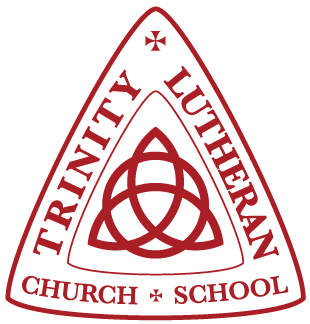“After this I looked and there before me was a great multitude that no one could count, from every nation, tribe, people and language, standing before the throne and in front of the Lamb. They were wearing white robes and were holding palm branches in their hands.” (Revelation 7:9-10)
Many people in our world yearn for peace and unity among all peoples. Many proclaim that every individual must not only be respected but that each be allowed to live as they desire without anyone offending them with criticism or even comments to the contrary. Nations and governments have sought such peace for generations through treaties, pacts, warfare, and legislation. Yet such peace and respect remain elusive. This is because human beings remove God from their worldview and think they can achieve equality and unity by human means. But history has shown that is impossible right from the Tower of Babel.
God desires such unity and will achieve it in Himself, despite how we weak and sinful human try to upset His plan. We see His desire fulfilled in this passage from Revelation 7. John saw a glorious vision of a vast uncountable number of people, the redeemed from every tribe and nation. These are the Saints, a multitude that includes every believer. These apparently have all faithfully suffered and endured through the great tribulation. They have all received their reward: eternal joy in heaven free from sin, pain, fear and death in the presence of Jesus, the lamb who was slain.
Such a glorious image makes should make us long for our heavenly home. Yet it should also make us long to make the church look like that heavenly assembly now, one made up of people from every ethnicity, race, and language. Years ago I took a course on church growth. One of the main principles that was taught was that like attracts like. A church which seeks to increase its attendance and membership should focus on attracting those individuals and groups most akin to those already in its congregation, of the same or similar socio-economic level, race, or ethnicity. But that principle makes a mockery of this glorious vision. Churches should welcome people of all different nationalities and ethnicities as far as is possible and so fulfill the Lord’s commission. Our Church ought to reflect the heavenly kingdom: a communion of people from every race, language and ethnicity all united by a common faith in Christ.
